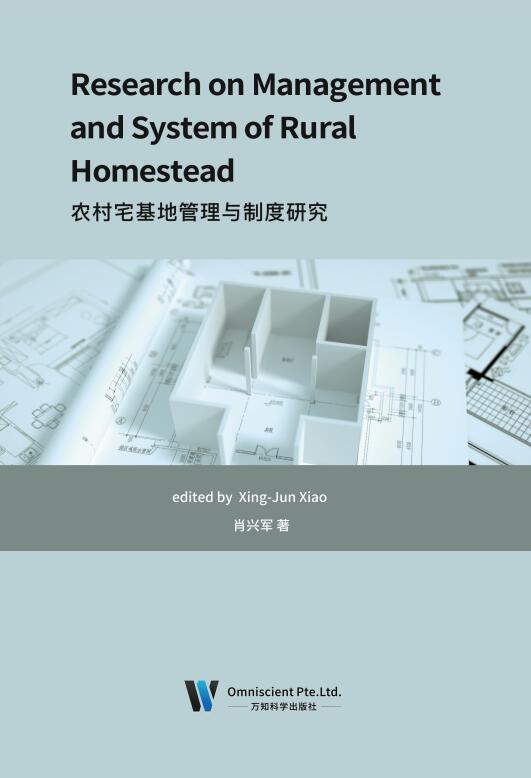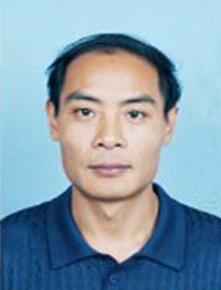
Preface
Since the Reform and Open-up, the process of China’s urbanization has accelerated significantly, and it has entered the takeoff line of high-speed urbanization at this stage. According to the theory of sustainable development, how to promote the process of urbanization actively and steadily is an important issue that China must face in the 21st century. The three major signs of urbanization are: the transfer of labor force from the primary industry to the secondary and tertiary industries, the increase in the proportion of urban population in the total population, and the expansion of urban land use scale. With the development of China’s urbanization, the transfer of rural population to the city will involve the withdrawal of the original rural homestead. The expansion of urban land will also lead to the reduction of cultivated land and the adjustment of rural residential land use system. China has issued the urban and rural planning law, aiming at balancing urban and rural development. The pilot cities and cities listed as the link between the increase and decrease of urban and rural construction land, have also carried out the integration of
villages, which greatly affected the farmers’ right to use homestead. As a kind of usufructuary right, can farmers’ homestead use right still be protected by law? Will urbanization be at the expense of farmers’ interests? Can we find a suitable theoretical basis for the development of urban and rural integration? Can the development of urbanization and the protection of farmers’ interests be taken into account? All these problems need to be studied deeply.
This book systematically expounds the management and system of rural homestead. The purpose is to help farmers better understand the national policies, clarify their rights and obligations according to law, and better safeguard their land rights and interests while performing their obligations according to law.
前 言
改革开放以来,中国城市化进程明显加快,现阶段已进入高速城市化的起飞线上。如何依照可持续发展理论,积极稳妥地推进城市化进程,是 21 世纪中国必须面对的一个重大课题。城市化的三大标志是:劳动力从第一产业向第二、三产业转移,城市人口在总人口中比重上升,城市用地规模扩大。随着我国城市化的发展,农村人口向城市转移会涉及原有农村宅基地的退出问题,城市用地规模扩大也会导致耕地减少以及农村宅基地用地制度的调整。自我国出台了《城乡规划法》,旨在统筹城乡发展。被列为城乡建设用地增减挂钩的试点省市,也纷纷推行撒村并居,农民的宅基地使用权受到很大的触动。农民的宅基地使用权作为一项用益物权是否还能受到法律的保护?城市化进程是否会以牺牲农民的利益为代价?城乡统筹的发展思路是否可以找到合适的理论基础?城市化发展与农民利益保护是否可以兼顾?这些问题都有待学界进行深入研究。
本书系统地阐述了农村宅基地的管理和制度,目的是帮助农民更好地了解国家的政策,明确自己依法享有的权益和应当承担的义务,在依法履行义务的同时,更好地依法维护自己的土地权益。

Xing-Jun Xiao, male, born in Yishui County, Shandong Province in February 1971. He graduated from Shandong Agricultural University. At present, he works in Yishui Natural Resources and Planning Bureau of Linyi City, Shandong Province. He has published five papers in national and provincial professional journals, and organized and participated in the research of “Yishui County Urban Land Grading and Evaluation”, which won the first, second and third prizes of Shandong Province land and resources science and technology. He was awarded the title of advanced worker of provincial department and municipal bureau and excellent CPC member of Yishui County.
肖兴军,男,山东沂水人, 1971 年 2 月生,毕业于山东农业大学,现就职于山东省临沂市沂水县自然资源和规划局。在国家、省专业杂志上发表论文五篇,组织和参与的《沂水县城区土地定级估价课题研究》等三个课题分获山东省国土资源科学技术壹、贰、叁等奖;曾获得省厅和市局先进工作者、沂水县优秀党员等称号。